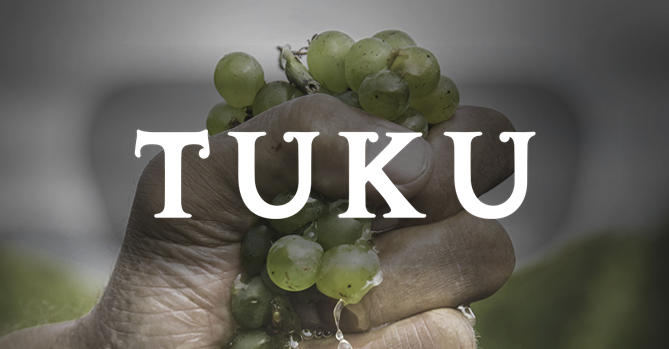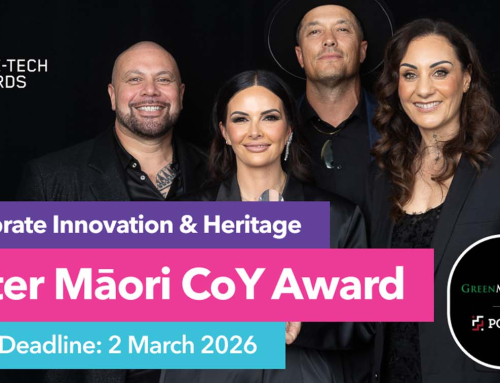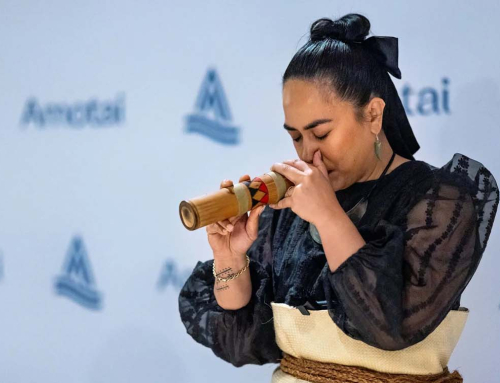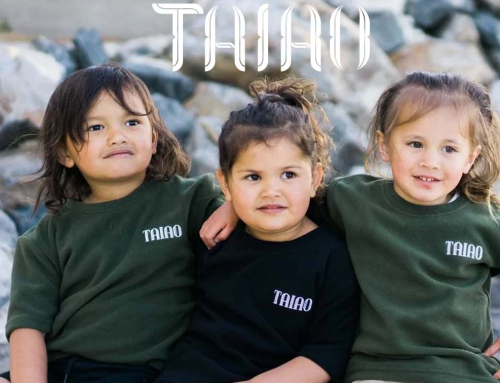When you sip a glass of New Zealand wine, you’re tasting more than just grapes — you’re tasting a story of heritage, resilience, and innovation. A wave of Māori winemakers is transforming the wine industry by embracing Indigenous values and reconnecting with the land in powerful ways.
Meet the trailblazers of the TUKU Māori Winemakers Collective — Hayden Johnston, Haysley MacDonald, Royce McKean, Jeff Sinnott, and Steve Bird — a group of Māori winemakers blending tradition with terroir. Their mission? To create wines that reflect tūrangawaewae, “the place where you stand,” and to uplift their communities through employment and cultural pride.
And now, they’ve got something new to celebrate: TUKU won the Kāuta Producer of the Year Award at the prestigious Tohunga Tūmau dinner earlier this year — an annual celebration of excellence in Māori cuisine and hospitality.
This honour recognises TUKU’s commitment to premium winemaking grounded in tikanga Māori and sustainability. As the world’s first collective of Indigenous Māori wine producers, TUKU includes whānau-owned companies like Tiki Wines & Vineyards, Kuru Kuru Wines, Steve Bird Wines, Tarras Vineyards and te Pā Family Vineyards.
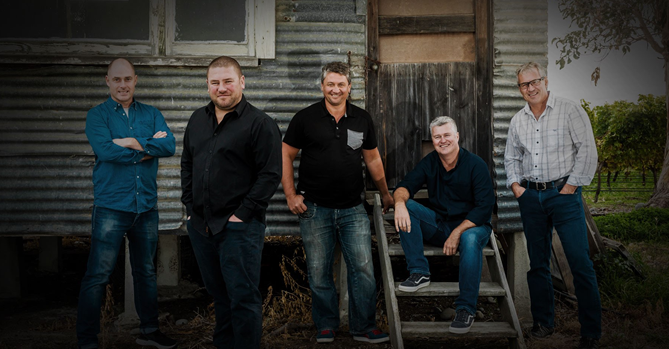
While alcohol wasn’t part of traditional Māori life — “We got our buzz from our gods,” jokes Jeff Sinnott — wine has found a meaningful place in modern Māori enterprise. “If you talk to other Māori winemakers, they’re in a business to make money. But they are also in the business of providing employment so that people can improve themselves.”
There aren’t specific statistics on the number of Māori people in the wine industry, however according to the latest Te Ōhanga Māori BERL report, there are nearly 24,000 Māori-owned businesses in the country. With Māori self-employment up 49% in recent years, the wine industry offers both economic opportunity and a platform for cultural storytelling.
For the wine industry to fully embrace Māori culture, producers must be open to education. Winemakers like Jannine Rickards of Huntress Wines in Wairarapa are leading educational efforts to deepen the connection between wine and Māori culture. Jannine, along with a small group of other winemakers in the region, created the Te Reo Māori Booklet for Wine Growers in Wairarapa.
The goal was to engage with the local iwi and further a connection to the region, history and its people. They created a resource that teaches winemaking terms in te reo Māori and guides newcomers through traditional introductions, or mihimihi. Some wineries even share the booklet with international visitors — a toast to cultural exchange!
Still, challenges remain. Haysley MacDonald of te Pā Family Vineyards, warns of “culture washing,” where companies use Māori names and imagery without respect or authenticity. He’s pushing for protections, likening Māori iconography to Champagne — sacred, specific, and deserving of recognition.
Such authenticity can only help Māori producers, and perhaps the wine industry itself. “I’m noticing that all around the globe, the younger generation, especially, are getting more interested in what they’re drinking and who’s behind it,” says Haysley. “I think that’s been very good for us as a business. People can relate to all our brand stories, all our iconography, and know that we’re real.”
As global wine lovers grow more curious about the stories behind their bottles, Māori winemakers are ready to share theirs — rich with history, rooted in land, and full of heart.
So next time you raise a glass of Te Pā, TIKI or other wines from TUKU, know you’re not just drinking wine – you’re tasting Aotearoa.
For more information check out the TUKU website.

